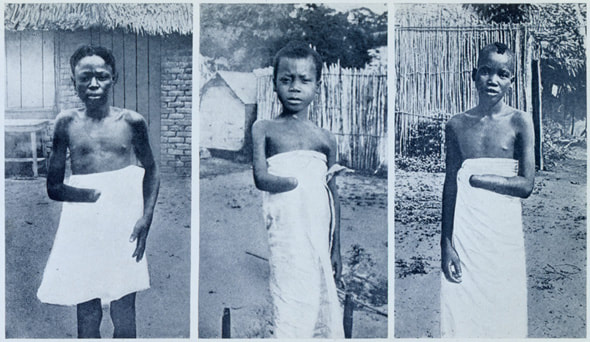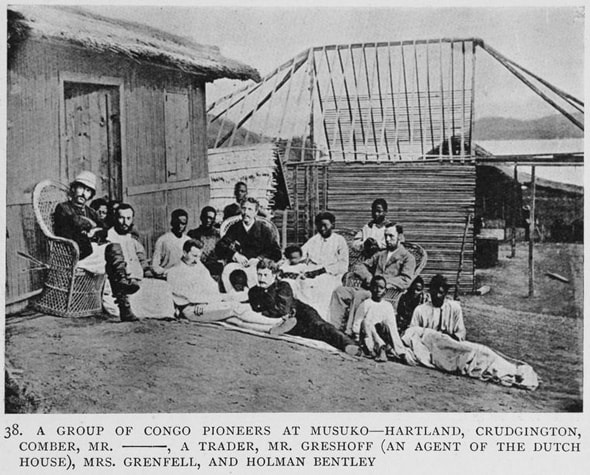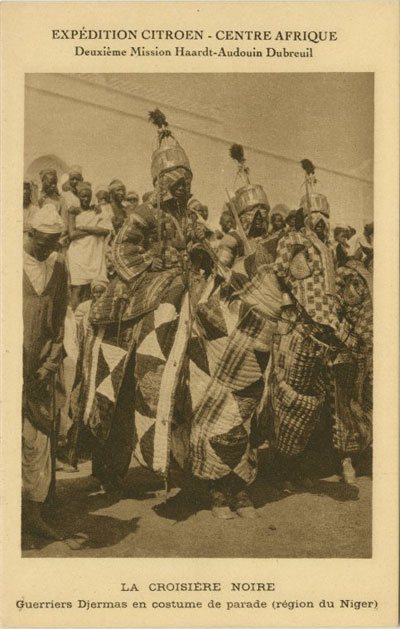The race colonize
|
by Ehiedu E. G. Iweriebor – Hunter College
Between the 1870s and 1900, Africa faced European imperialist aggression, diplomatic pressures, military invasions, and eventual conquest and colonization. At the same time, African societies put up various forms of resistance against the attempt to colonize their countries and impose foreign domination. By the early twentieth century, however, much of Africa, except Ethiopia and Liberia, had been colonized by European powers. The European imperialist push into Africa was motivated by three main factors, economic, political, and social. It developed in the nineteenth century following the collapse of the profitability of the slave trade, its abolition and suppression, as well as the expansion of the European capitalist Industrial Revolution. The imperatives of capitalist industrialization—including the demand for assured sources of raw materials, the search for guaranteed markets and profitable investment outlets—spurred the European scramble and the partition and eventual conquest of Africa. Thus the primary motivation for European intrusion was economic.
But other factors played an important role in the process. The political impetus derived from the impact of inter-European power struggles and competition for preeminence. Britain, France, Germany, Belgium, Italy, Portugal, and Spain were competing for power within European power politics. One way to demonstrate national preeminence was through the acquisition of territories around the world, including Africa. The social factor was the third major element. As a result of industrialization, major social problems grew in Europe: unemployment, poverty, homelessness, social displacement from rural areas, and so on. These social problems developed partly because not all people could be absorbed by the new capitalist industries. One way to resolve this problem was to acquire colonies and export this "surplus population." This led to the establishment of settler-colonies in Algeria, Tunisia, South Africa, Namibia, Angola, Mozambique, and central African areas like Zimbabwe and Zambia. Eventually the overriding economic factors led to the colonization of other parts of Africa. |
Thus it was the interplay of these economic, political, and social factors and forces that led to the scramble for Africa and the frenzied attempts by European commercial, military, and political agents to declare and establish a stake in different parts of the continent through inter-imperialist commercial competition, the declaration of exclusive claims to particular territories for trade, the imposition of tariffs against other European traders, and claims to exclusive control of waterways and commercial routes in different parts of Africa.
|
|
This scramble was so intense that there were fears that it could lead to inter-imperialist conflicts and even wars. To prevent this, the German chancellor Otto von Bismarck convened a diplomatic summit of European powers in the late nineteenth century. This was the famous Berlin West African conference (more generally known as the Berlin Conference), held from November 1884 to February 1885. The conference produced a treaty known as the Berlin Act, with provisions to guide the conduct of the European inter-imperialist competition in Africa. Some of its major articles were as follows.
This treaty, drawn up without African participation, provided the basis for the subsequent partition, invasion, and colonization of Africa by various European powers. |
|



